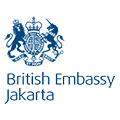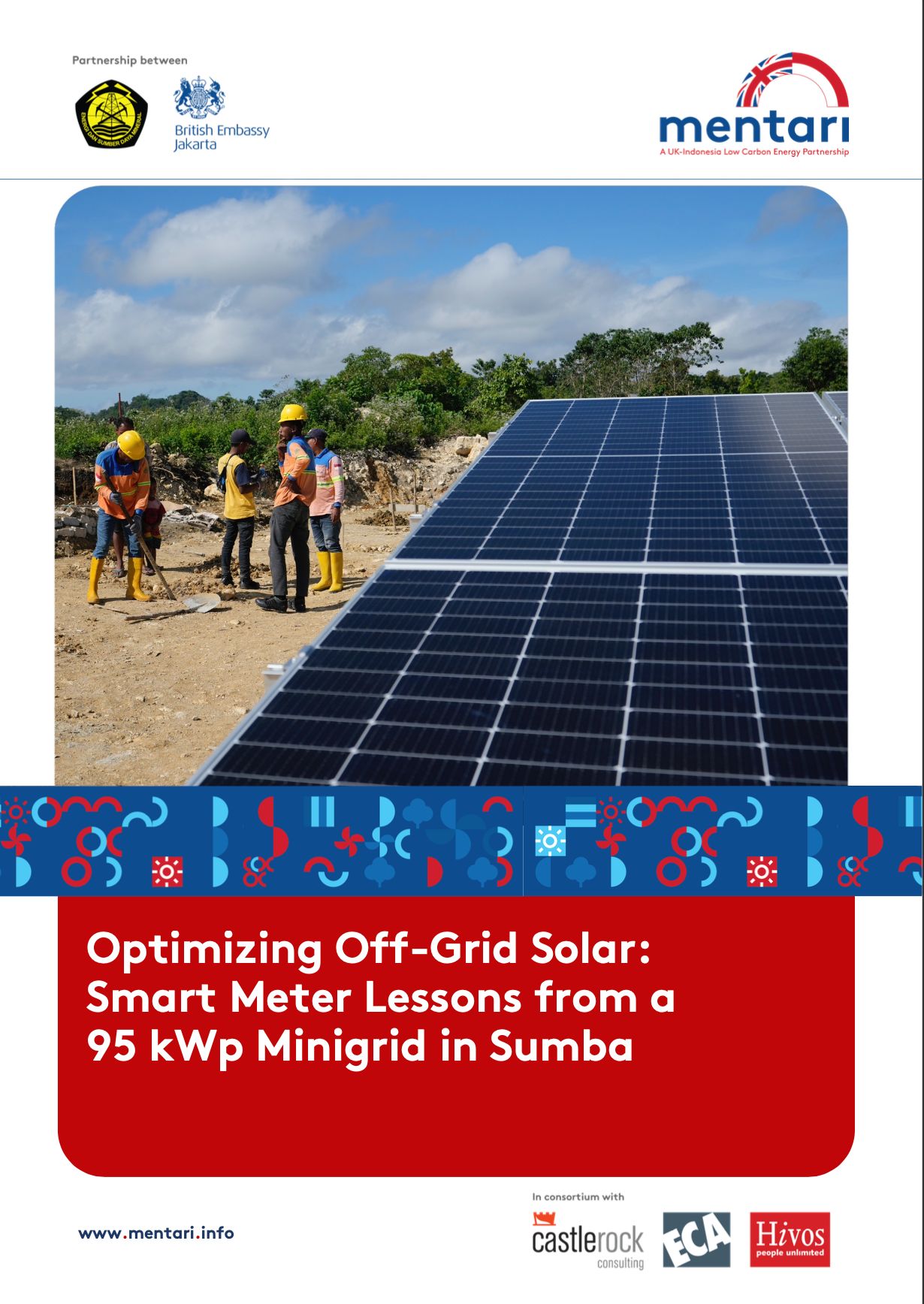Indonesia faces significant challenges in achieving 100% ratio electrification due to the vast
number of remote locations with difficult logistics, low-income communities, unreliable internet
connectivity, and a lack of supporting infrastructure. These challenges make it difficult to
implement and sustain conventional energy solutions, such as diesel generators (DG), which
require high operational costs, complex supply chains, and detrimental environmental impacts.
Renewable energy, particularly photovoltaic (PV) solar power, provides a promising alternative for
rural electrification. PV systems offer lower operating costs compared to DG and can be deployed
in remote locations where fuel supply is challenging. However, transitioning to renewable energy
presents additional challenges, primarily related to energy availability, distributed generation, and
energy storage management. Solar power generation is inherently variable, depending on weather
conditions and time of day, making it essential to balance supply and demand effectively across
distributed generation sources.







